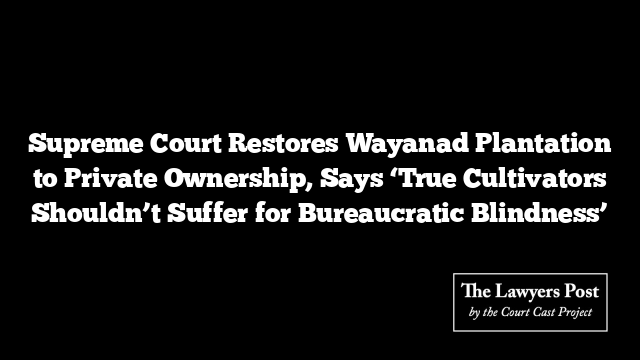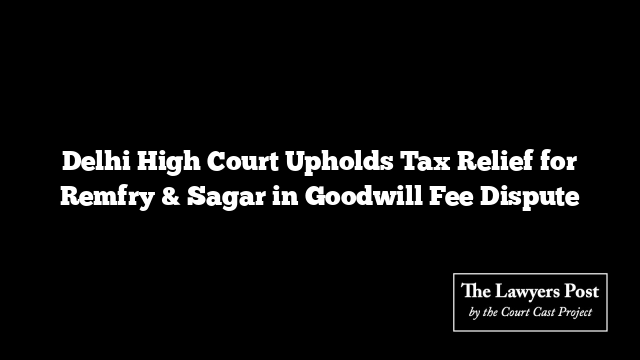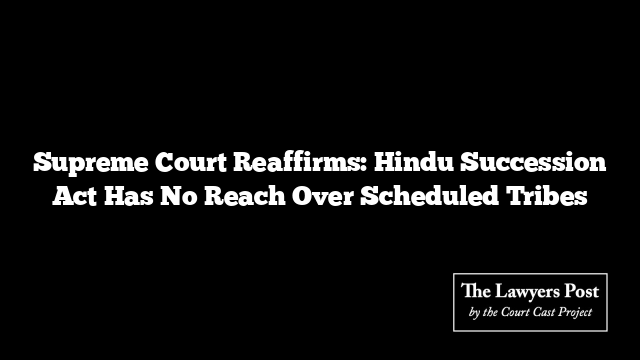In a firm stand for cultivators, the Supreme Court ruled that a 37.5-acre coffee and cardamom plantation in South Wayanad does not fall under the category of vested forest, overturning earlier decisions that had handed the land to the Kerala government.
The bench, comprising Justices Aravind Kumar and N.V. Anjaria, dismissed the Kerala High Court’s 2012 judgment and reinstated ownership of the property to M. Jameela, restoring both possession and rights that had been under dispute for decades.
“Genuine cultivators should not be made to fight a prolonged battle to vindicate rights that are apparent from public records,” the judges remarked, emphasizing that bureaucratic rigidity should not override evident facts.
The Court’s reasoning was anchored in historical evidence showing that the land had been converted into plantations as early as 1957 by its original owner, Parappu Mappilakath Imbichi Ahmed, after obtaining due permission from the District Collector under the Madras Preservation of Private Forests Act, 1949. Coffee and cardamom registration certificates from 1971 confirmed cultivation prior to the “appointed day” under the Kerala Private Forests (Vesting and Assignment) Act, 1971.
Rejecting the State’s contention that some areas were uncultivated or planted later, the Court noted that plantations evolve over time. “The presence of young plants in 2007 does not prove that the land was barren in 1971,” it observed. “Plantations are living entities — older plants are replaced by new growth, not evidence of absence.”
An Advocate Commissioner’s report and expert testimony from the Coffee Board established that many plants were already decades old, with no credible counter-evidence from the State. Tax and revenue documents consistently recorded the land as a plantation, further supporting the appellant’s claim.
The Supreme Court criticized both the Forest Tribunal and the High Court for adopting a “technical and overly skeptical” stance, calling their conclusions “manifestly unsustainable.” It ruled that the property met the exemption requirements under Sections 3(2) and 3(3) of the 1971 Act — held under valid title and under bona fide cultivation prior to vesting — and therefore did not belong to the State.
Declaring M. Jameela the rightful owner, the Court directed the State of Kerala and the Custodian of Vested Forests to amend boundary records within six weeks.
The judgment serves as a reminder, the Court implied, that genuine cultivators should not lose their land to administrative indifference — especially when the soil itself bears witness to generations of care.





